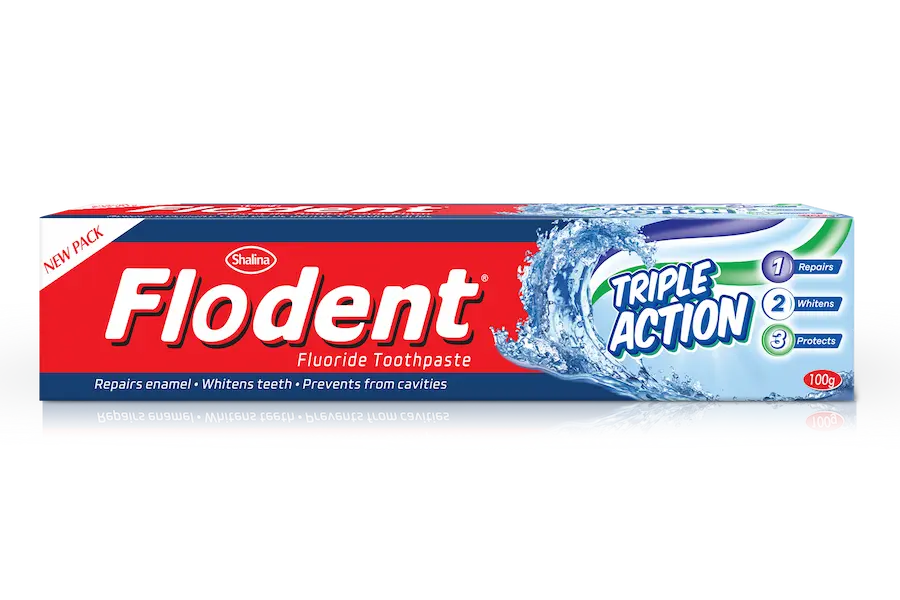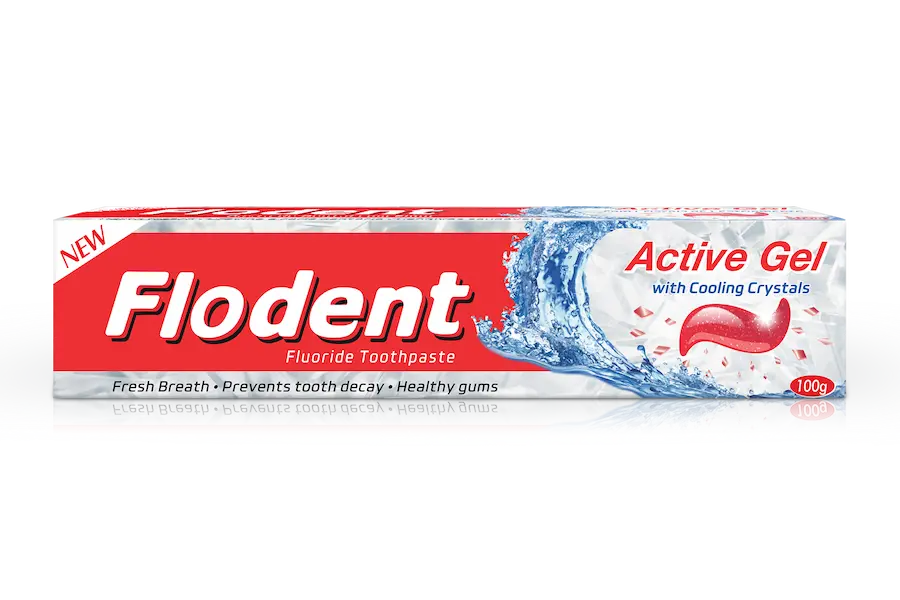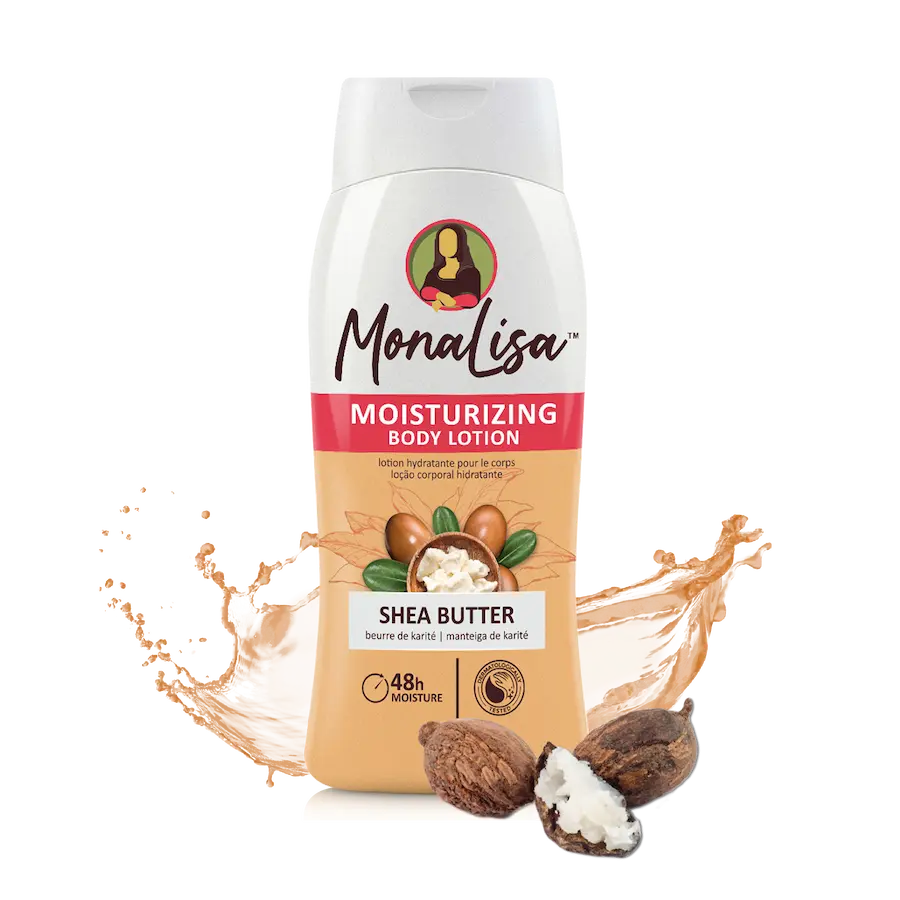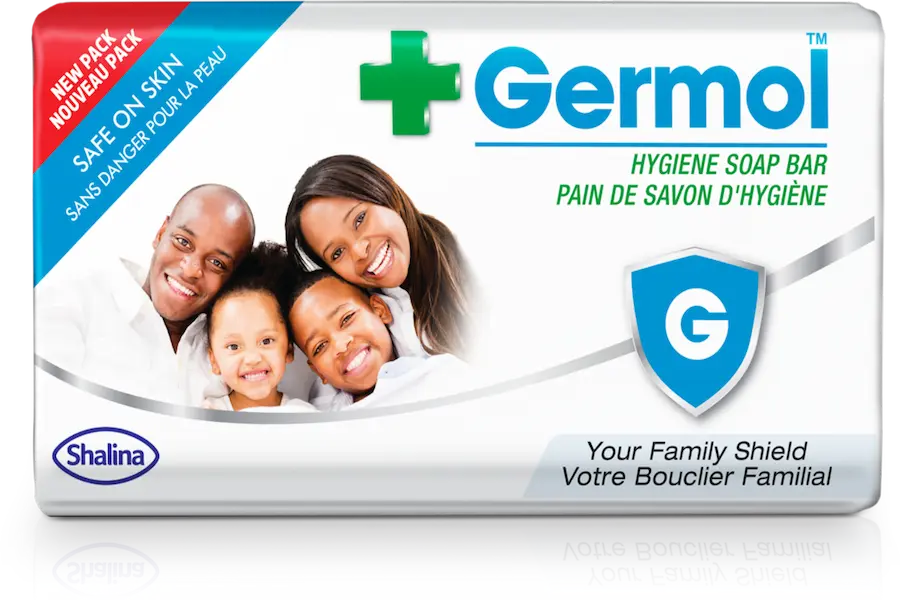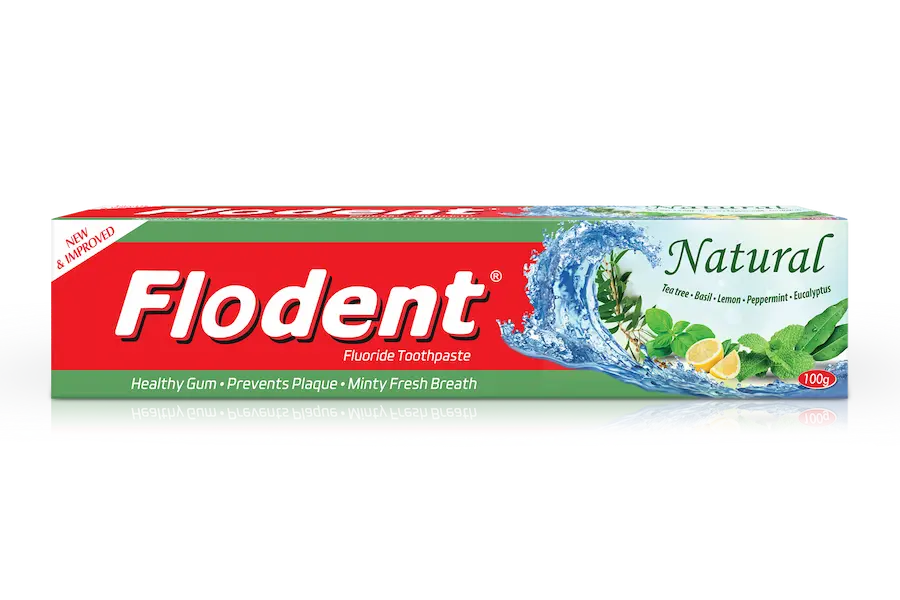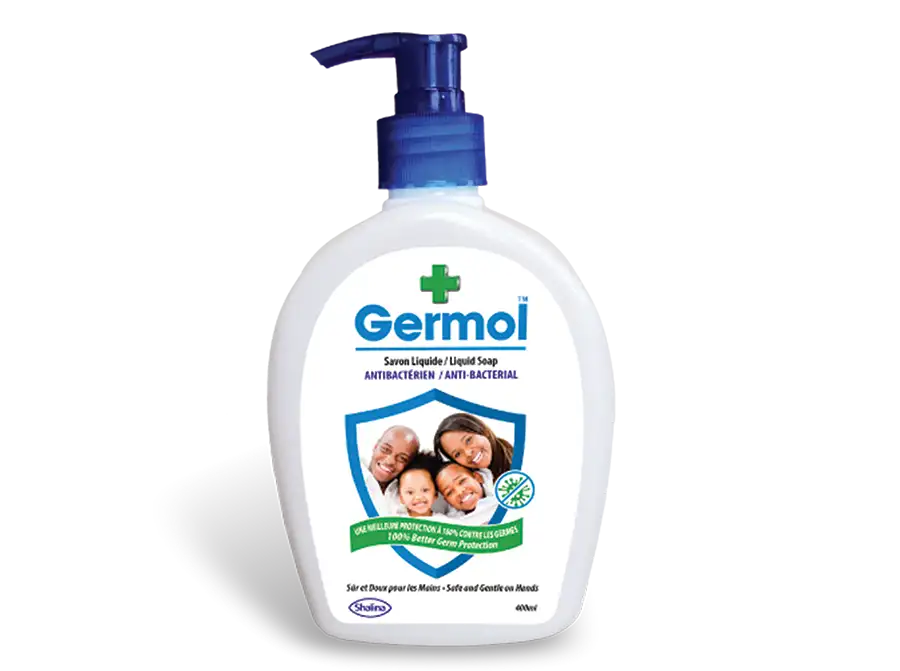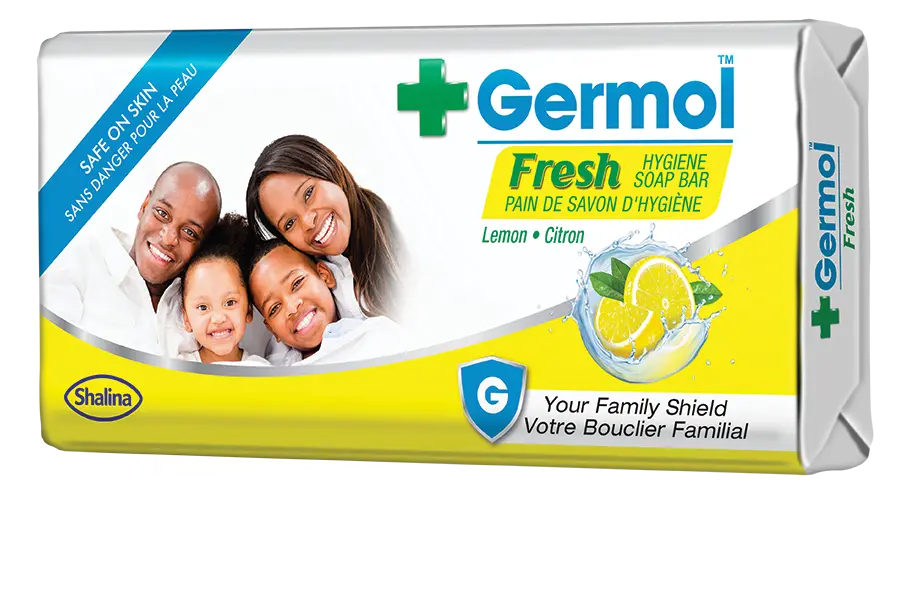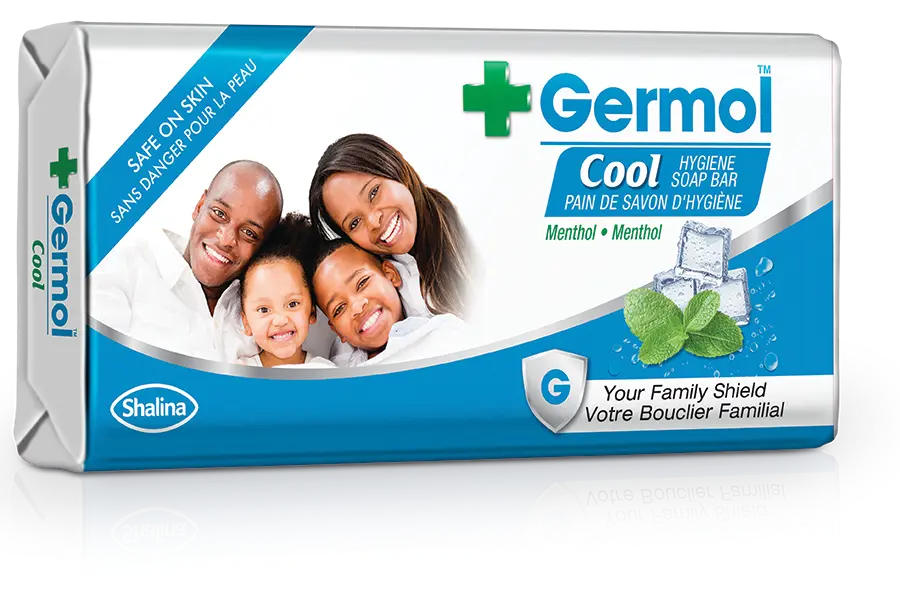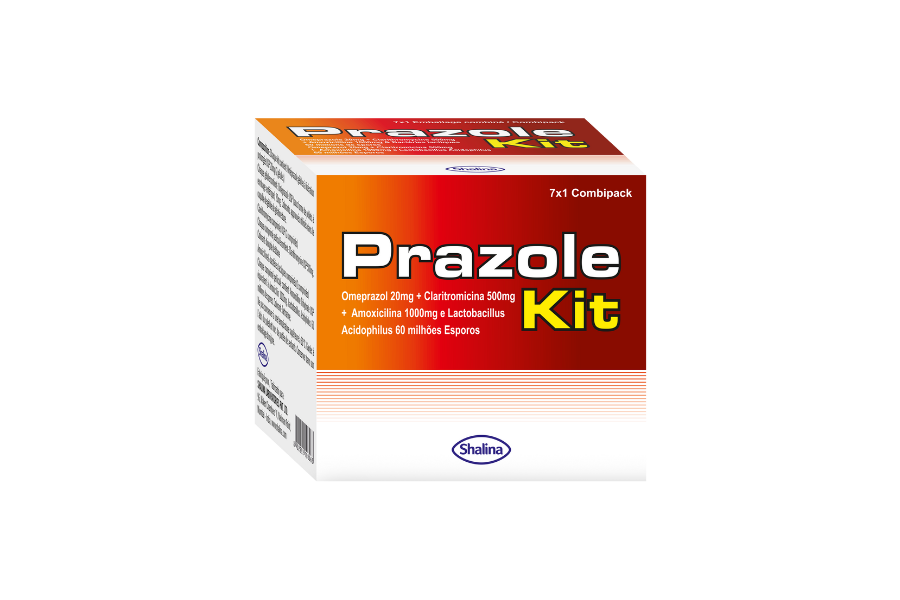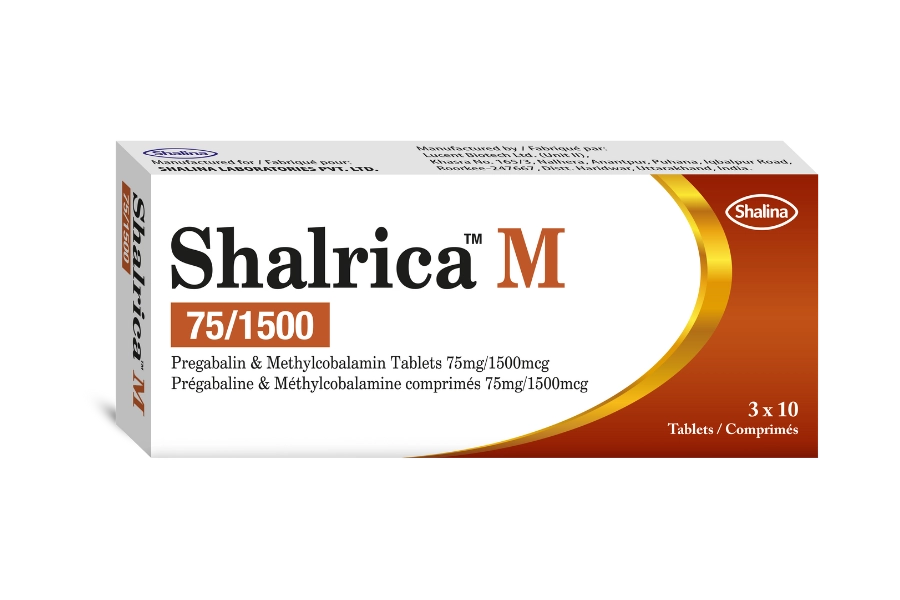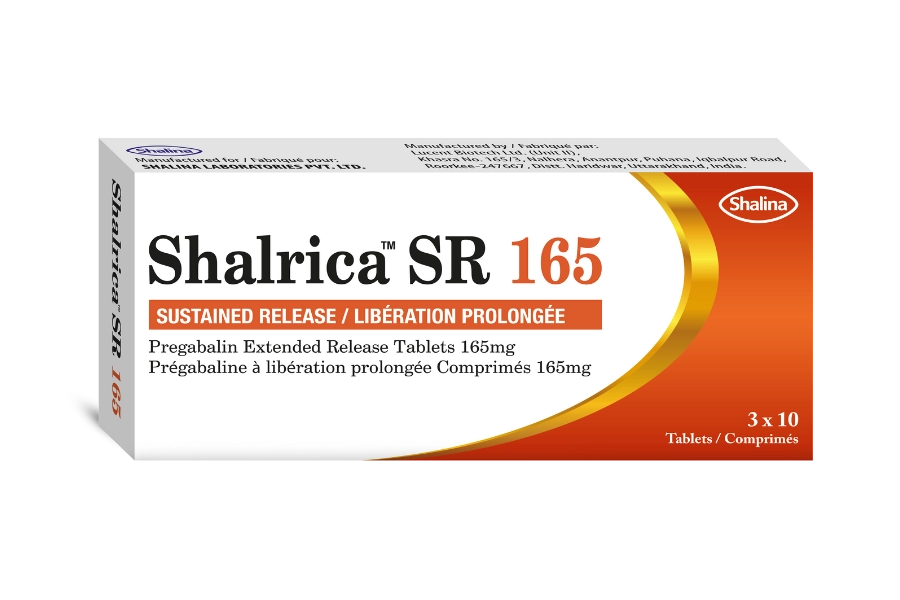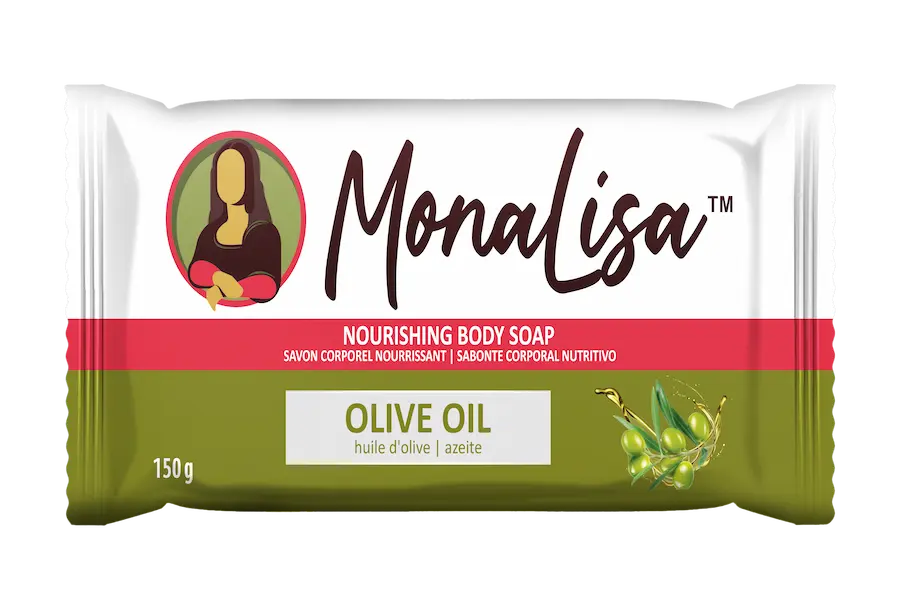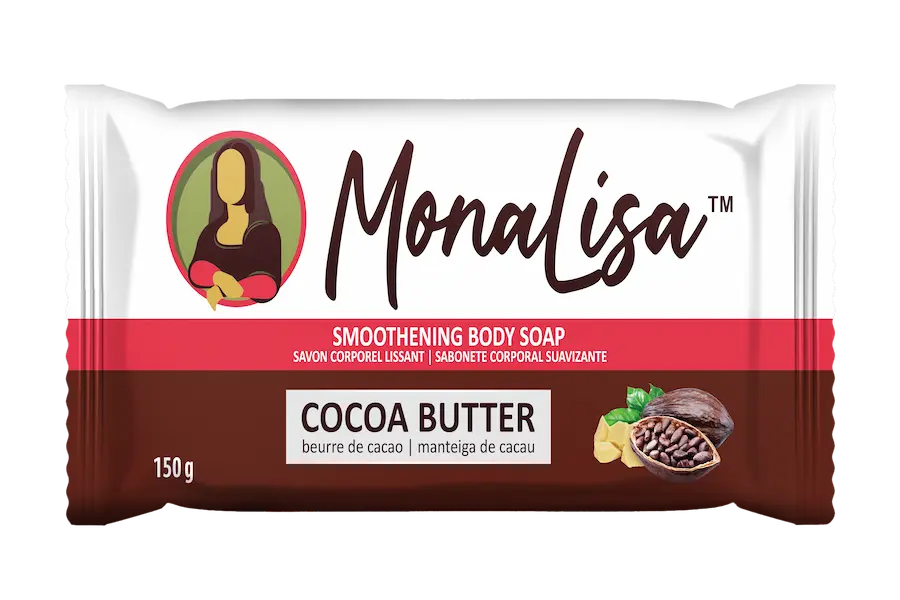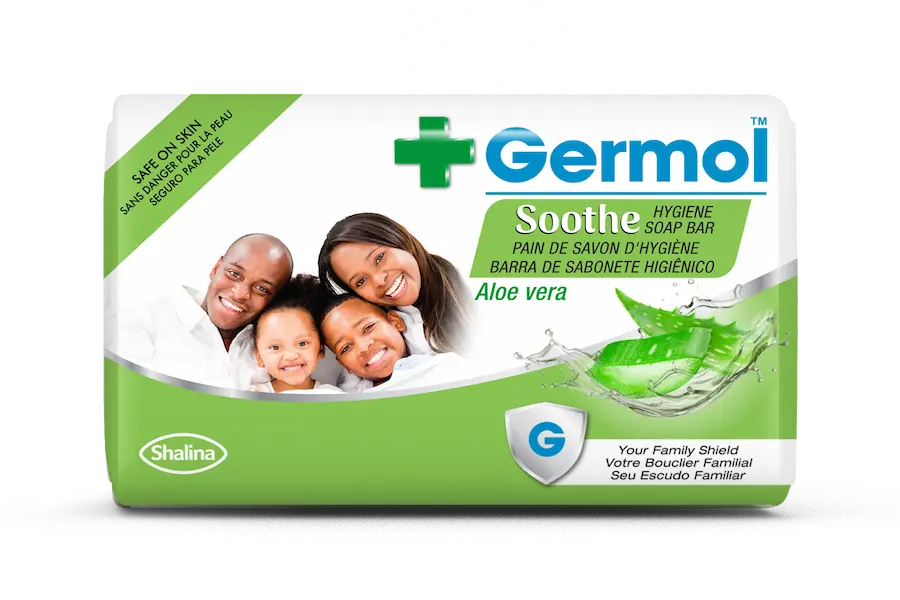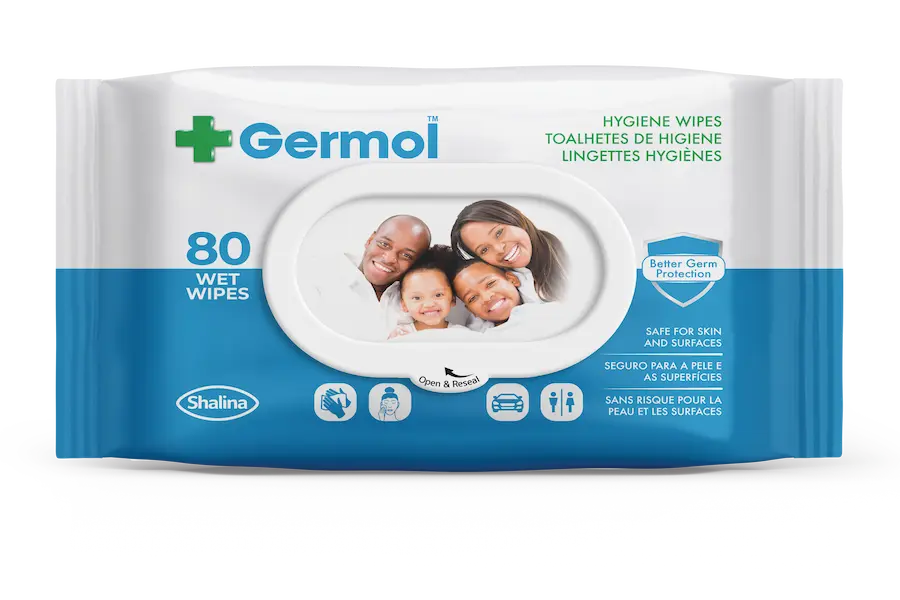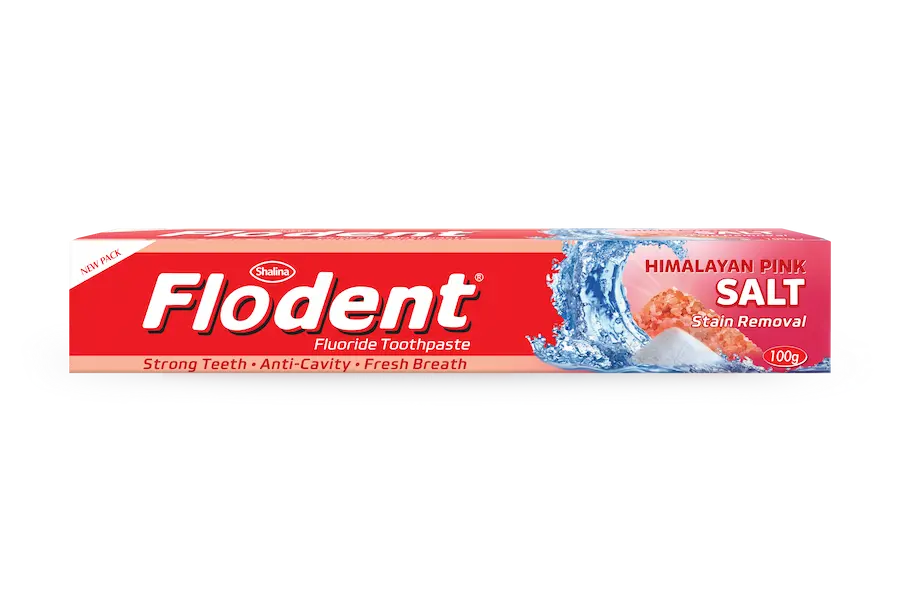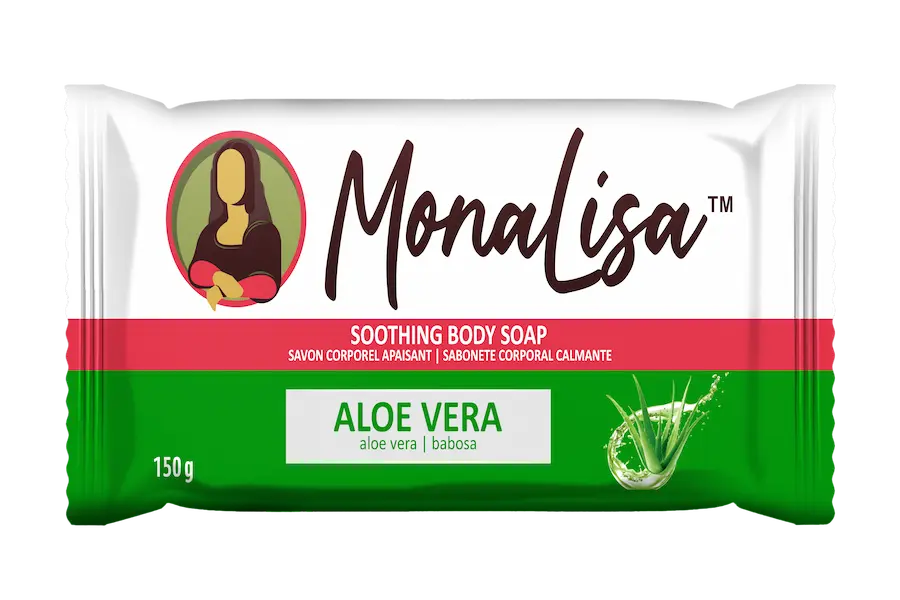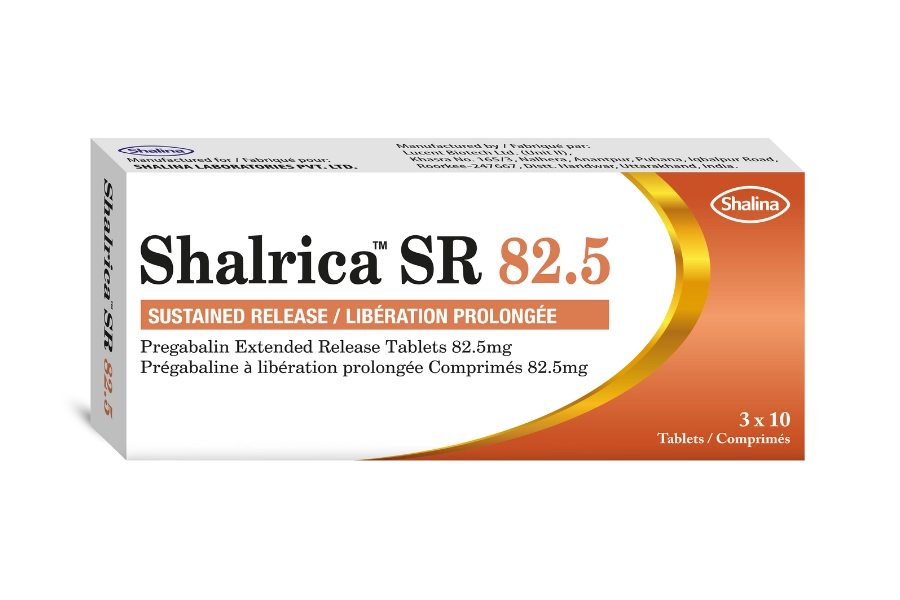There’s nothing worse than being exhausted but unable to sleep because of a nagging cough. Whether it’s dry, tickly, or chesty, nighttime coughing can leave you drained. Luckily, there are a few simple tricks that can help calm your cough and get you the rest you need.
But First, What Causes Night-Time Coughs?
Common culprits are postnasal drip, asthma, or a lingering cough after an infection. Things like smoke (even second-hand) or dry air can also make things worse. Sometimes, the cause isn’t even related to your lungs, like acid reflux (GERD), heart problems, or even certain medications.
What to do
- Try a Spoonful of Honey
Honey is a natural soother. It coats your throat, easing irritation and reducing coughing. Take a spoonful before bed, or mix it into a warm (not hot) cup of water or herbal tea. IMPORTANT NOTE: This is not suitable for children under the age of 1.
- Use Throat Lozenges
Sucking on a lozenge helps keep your throat moist and may reduce the tickle that triggers a cough. Keep a few next to your bed in case you wake up coughing during the night.
- Adjust Your Sleeping Position
Lying flat can cause mucus to pool in your throat, making coughing worse. Try propping yourself up with an extra pillow or sleeping in a more upright position to reduce irritation and help you breathe easier.
- Add Moisture to the Air
Dry air, especially from heaters or fans, can make nighttime coughing worse. Using a humidifier, placing a bowl of water near your bed, or even hanging a damp towel in your room can help keep the air moist.
- Use a Soothing Chest Balm
Applying a menthol or herbal balm to your chest before bed can help open your airways and make breathing more comfortable. Look for ones with eucalyptus or camphor for added relief.
- Use a Cough Suppressant
If your cough just won’t let you sleep, a cough suppressant syrup might help. Look out for syrups that contain dextromethorphan, which is found in many over-the-counter formulas. Remember too, that many medicines are ok for adults, but not children, and you should always check with your doctor or pharmacist.
References
https://www.ncbi.nlm.nih.gov/books/NBK532273/











